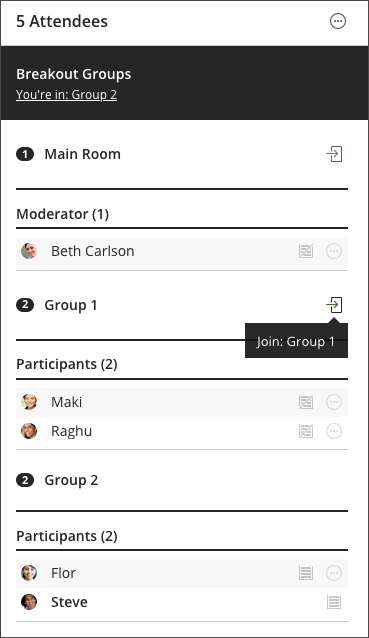Labs: One of the most noticeable concerns of online learning is the ability to perform labs that require in-person equipment. Throughout these sessions, some potential solutions involved making use of lab simulation software. For example, in circuit analysis courses, the use of
SPICE-based software was discussed. Students could perform the lab using the simulation software. Afterwards, the students could complete a
Quercus Quiz in order to ensure they met the learning outcomes of the lab. Please visit our
Virtual Labs design guide to learn about potential strategies that you could implement when converting your labs to an online environment
One of the biggest challenges in a remote environment is creating a sense of community for the students. A sense of community is important to promote students to feel invested and engaged in the course. This can play a key role in the students meeting the learning outcomes of a course. Some methods to do so involves creating Discussions and meaningful synchronous activities.
Discussions: Quercus Discussions is a great tool to create and foster online discussion among students and teaching team. Discussions create a sense of community and allow the students to feel supported when they have questions about course material. This is especially important in a remote environment where students are unable to make peer-to-peer connections as they might have when attending in-person lectures.
Meaningful Synchronous Activities: Picking the right course modality is a very crucial part of the online course design process. If you conclude synchronous activities are a right fit for your course, you might consider adding discussion periods. For example, if you perform synchronous activities through
Bb collaborate, you will be able to
create break out rooms (much like during our live Learning Outcomes session). In these rooms students will be able to interact with each other and participate in the learning experience while also building connections with other students in the course.

 Tip:
Tip: When creating these break out groups, try to
keep groups very small. The larger the group size, the less responsibility each individual in the group feels to participate in the discussion. For example, in a group of 2 students, both students will feel full responsibility to respond to each other. However in a larger group, lets say of 5, if one student asks a question, the 4 other students might not feel the responsibility to respond as they might think there are other people in the group that can respond. This could lead to a dull discussion period.
Conducting effective lectures is a fundamental aspect of allowing students to meet the expected learning outcomes in a course. Asynchronous lectures are the feasible reality for many.
Ok, feel overwhelmed?
Keep in mind this session was just meant to start getting you thinking about potential learning outcome challenges in your course in a remote environment. If you would like to learn more about how to meet your teaching needs please feel free to
book a consultation with the Edtech staff. You can also email us at
fase.edtech@utoronto.ca
This is a challenging time to figure out how to structure your course and what elements to use (or not use). Dont know where to get started? Check out our Online Course Design guide to help you get started.
You may also want to consider attending some of our
Lessons Learned Webinars where some of your colleagues share their experiences teaching online/remote.

